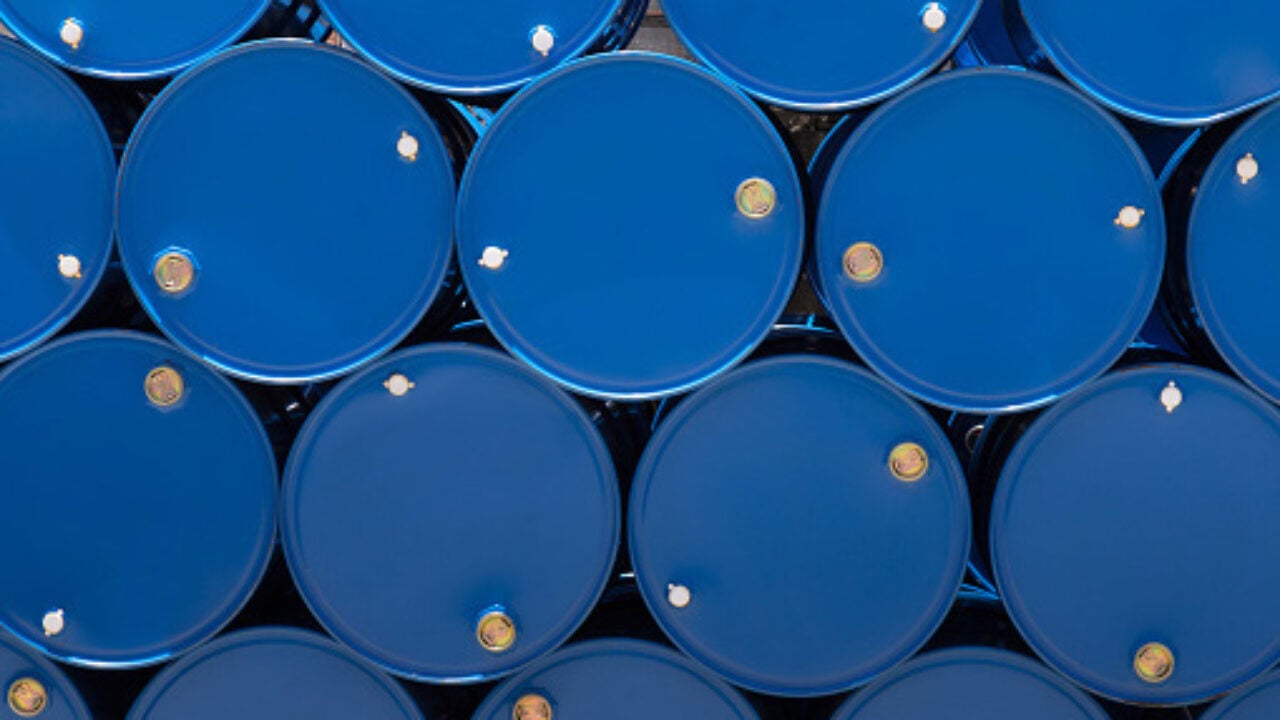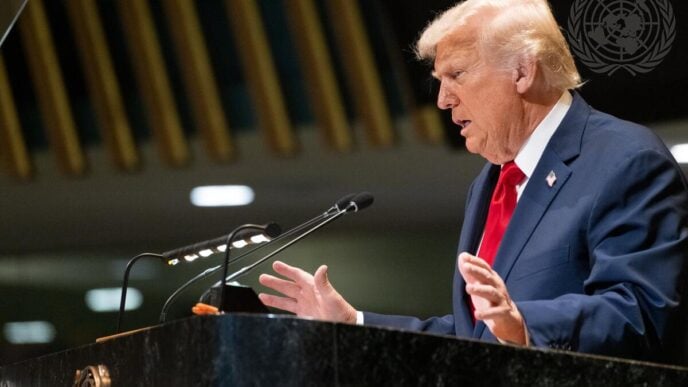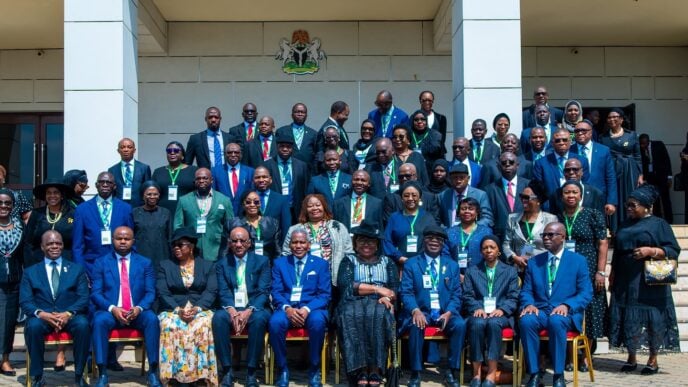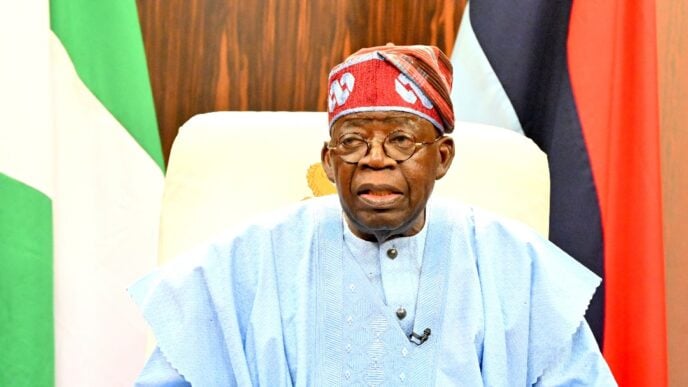In my 2021 article on the impact of non-state actors in Nigeria’s oil and gas sector, I observed that it was still night time for the country’s petroleum industry despite the bright flares in the oil fields. That position stemmed from the rampant activities of militants and vandals in the Niger Delta, where much of Nigeria’s hydrocarbon wealth is derived. It captured the mood of a nation struggling to protect its most valuable resource.
The contrast between the glowing flares and the grim reality on the ground underscored the deep challenges confronting the sector. Militants and vandals had turned oil theft into a thriving enterprise, siphoning crude, vandalising pipelines and crippling production. Constant agitation, youth unemployment and perceived neglect by oil companies further fuelled restiveness. Initially, many of the militant groups emerged as self-determination movements demanding fair compensation and development for host communities. Over time, however, several degenerated into criminal gangs engaged in pipeline sabotage, hostage-taking and large-scale oil theft.
These activities severely disrupted production and exports. Between 2012 and 2014, intermittent vandalism plagued the industry, but by 2015 – 2016, the attacks had become highly organised and devastating, assuming a geo-political dimension. Following the 2015 presidential election, in which President Goodluck Jonathan, an indigene of the Niger Delta region, lost, oil production fell from an average of 1.9 million barrels per day (mbpd) in 2015 to 1.4 mbpd in 2016, Nigeria’s worst output in three decades. An estimated 750,000 barrels of crude were lost daily in May 2016 alone, as militants launched massive assaults on oil installations and trunk lines.
The consequences were dire: production losses, high maintenance and security costs, rising community settlement expenses and massive revenue depletion. As a largely monocultural economy reliant on oil for over 70 percent of government revenue, Nigeria’s fiscal stability was severely compromised. Even with military intervention, vandalism and theft persisted, robbing the economy of billions of naira and exposing the vulnerability of the petroleum sector.
Advertisement
By 2021, before the enactment of the Petroleum Industry Act (PIA), Nigeria was losing an estimated 102,900 barrels of crude daily and billions of naira in lost revenue. The prolonged decline in production and global oil price slump pushed the economy into recession in 2016. Investor confidence waned and the sector appeared trapped in a cycle of instability.
The situation worsened between 2020 and 2022, when vandalism and oil theft peaked. By August 2022, Nigeria had lost its status as Africa’s largest oil producer to Angola, with output dropping below one million barrels per day, and rallying to about 1.1 million barrels per day by the close of the year. Fiscal instability deepened and the industry’s credibility plummeted to an all-time low.
A turning point came with the inauguration of the Nigerian Upstream Petroleum Regulatory Commission (NUPRC) in October 2021 under the PIA (2021). The Commission, under the leadership of Engr. Gbenga Komolafe launched a coordinated response to the challenge, combining policy reform, community engagement through the Host Community Development Trust (HCDT) and advanced security surveillance. It leveraged inter-agency collaboration and embarked on both kinetic and non-kinetic assaults on the twin menace of crude theft and infrastructure vandalism.
Advertisement
In 2023, the Nigerian Upstream Petroleum Measurement Regulations became enforceable. It facilitated a comprehensive metering audit of upstream facilities that improved transparency and accountability. These measures plugged long-standing loopholes in crude evacuation. Oil theft, which had exceeded 200,000 barrels per day before 2019, according to NNPC records and Senate reports, dropped to below 10,000 barrels in 2025, the lowest level in over a decade. The approval of 37 new crude evacuation routes by the NUPRC further bypassed theft-prone channels, while HCDT projects provided alternative livelihoods for local youths who once aided pipeline vandalism.
Employment and empowerment through these community projects have significantly reduced crude theft and infrastructure vandalism. As the environment recovers from decades of contamination, the Niger Delta is witnessing renewed peace and economic inclusion. Sustained implementation of the HCDT promises to further uplift host communities, boost oil output and enhance revenue returns. Through the coordinated approaches, including robust community engagement, the wings of non-state actors seem to have been clipped and the tide of crude oil theft is fast receding.
The results are visible. By October 2025, Nigeria’s crude production had climbed from 1.1 mbpd in 2022 to 1.7 mbpd, restoring its place among Africa’s top producers. Between 2021 and 2025, NUPRC contributed ₦33.6 trillion to the Federation Account, high above earlier projections. In 2024 alone, it generated ₦12.87 trillion, and by August 2025, another ₦7.7 trillion had been contributed to the national treasury. According to a recent report of the National Bureau of Statistics (NBS), Nigeria’s economy grew by 4.23 percent in 2025, propelled largely by increased oil output and non-oil expansion. Daily crude losses fell from 102,900 barrels in 2021 to just 9,600 barrels in 2025, a 90 percent reduction that restored fiscal balance and market credibility. These figures tell a story of resilience and reform. A sector once crippled by theft is now powering national growth.
Beyond the economic rebound, the reforms have yielded broader social and environmental dividends. The creeks are cleaner, communities are more peaceful, and relations between host communities, oil firms and government are increasingly cordial. Thousands of youths are now engaged in productive ventures under the HCDT framework, reducing their dependence on illegal bunkering and make shift kpo-fire refineries.
Advertisement
Meanwhile, the petroleum sector is gradually shifting from export dependence toward refining balance. Indigenous participation is rising as international oil companies divest from onshore assets. The completion of the Dangote Refinery and the expansion of modular refineries have enhanced domestic processing capacity, cutting export dependency and reducing incentives for theft. Again, this evolution signifies a strategic move toward energy security and self-sufficiency.
From the dark years of 2021–2022 to the brighter outlook of 2025, Nigeria’s oil sector has travelled a long, hard road. The transformation was not spontaneous. It was earned through reform, innovation and collaboration. Today, oil theft is no longer the defining story of Nigeria’s petroleum industry. The new narrative is one of resilience, growth, stability and renewed economic vigour. The restive night, it seems, is finally giving way to a glowing dawn over the Niger Delta.
James, a member of the Governing Board of the Nigerian Institute of Journalism, is a Fellow of the Nigerian Guild of Editors.
Advertisement
Views expressed by contributors are strictly personal and not of TheCable.












